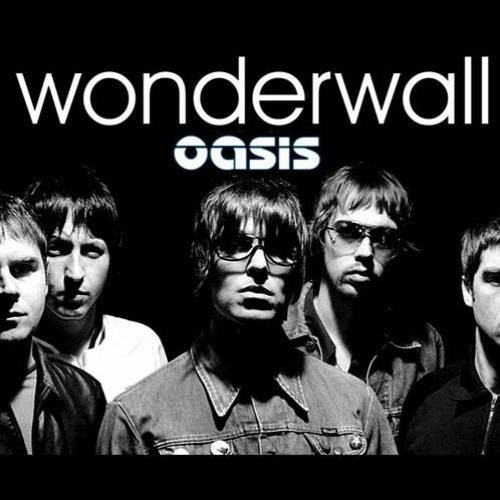In the tapestry of 1990s music, few threads are as vibrant and enduring as Oasis’ “Wonderwall.” Released in 1995 as the third single from their second album, “(What’s the Story) Morning Glory?,” the song quickly became an anthem for a generation, a timeless classic that continues to captivate audiences around the world with its heartfelt lyrics and infectious melody.
At its heart, “Wonderwall” is a love song—one of longing, vulnerability, and hope. Written by Oasis’ lead guitarist and primary songwriter, Noel Gallagher, the song’s lyrics speak of yearning for connection and the desire to be someone’s savior, or “wonderwall.” Gallagher’s evocative imagery and poetic lyrics paint a portrait of emotional intimacy and vulnerability, inviting listeners to immerse themselves in the depths of longing and desire.
Musically, “Wonderwall” is characterized by its simple yet powerful arrangement. Built around a timeless acoustic guitar riff, the song unfolds with a sense of urgency and immediacy, propelled by Liam Gallagher’s distinctive vocals and Tony McCarroll’s driving percussion. The chorus, with its soaring melody and anthemic refrain, is instantly recognizable and impossible to forget, cementing the song’s status as a bona fide classic.
But perhaps what truly sets “Wonderwall” apart is its universal appeal. Despite being rooted in the Britpop movement of the 1990s, the song transcends genre and geography, resonating with listeners of all ages and backgrounds. Its themes of love, longing, and redemption are timeless and universal, speaking to the human experience in a way that few songs can.
Moreover, “Wonderwall” has achieved a cultural ubiquity that few songs can match. From its prominent placement in films, television shows, and commercials to countless covers and reinterpretations by artists across genres, the song’s influence can be felt far and wide. Its iconic status is further solidified by its enduring popularity on streaming platforms and radio stations, where it continues to rack up millions of streams and spins year after year.
The song’s iconic music video, directed by Nigel Dick, further cemented its status as a cultural touchstone. Shot in black and white and featuring the members of Oasis performing in a decrepit building, the video captures the gritty, working-class aesthetic that defined the band’s image and resonated with fans around the world. Liam Gallagher’s swaggering performance and Noel Gallagher’s soulful guitar playing add to the video’s timeless appeal, creating a visual accompaniment that perfectly complements the song’s emotive lyrics and infectious melody.
In the years since its release, “Wonderwall” has become more than just a song—it’s a cultural phenomenon, an anthem for a generation, and a timeless reminder of the power of music to transcend boundaries and unite people from all walks of life. Whether heard blasting from the speakers of a packed stadium or softly strummed on an acoustic guitar around a campfire, the song’s impact is undeniable, a testament to the enduring power of music to inspire, uplift, and connect. So next time you find yourself lost in reverie, longing for connection or searching for solace, just remember the words of Oasis: “You’re gonna be the one that saves me. And after all, you’re my wonderwall.”
